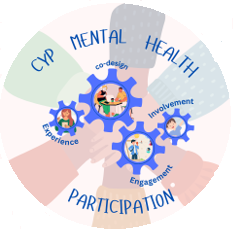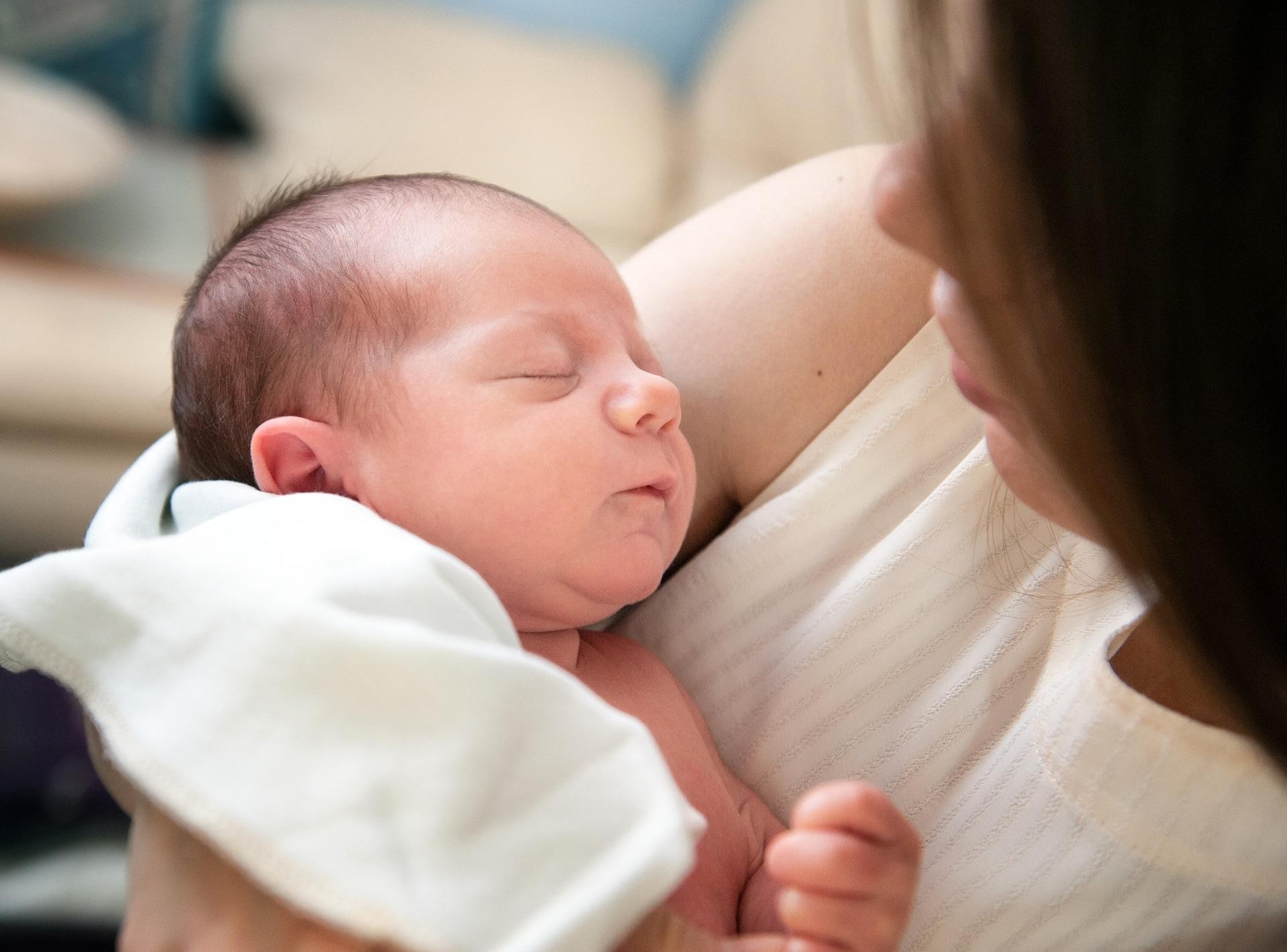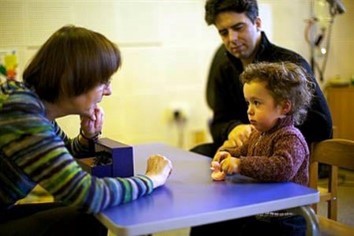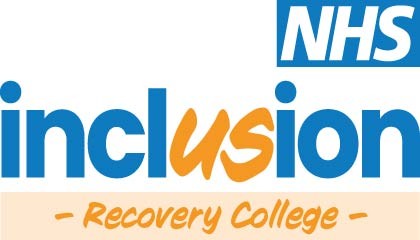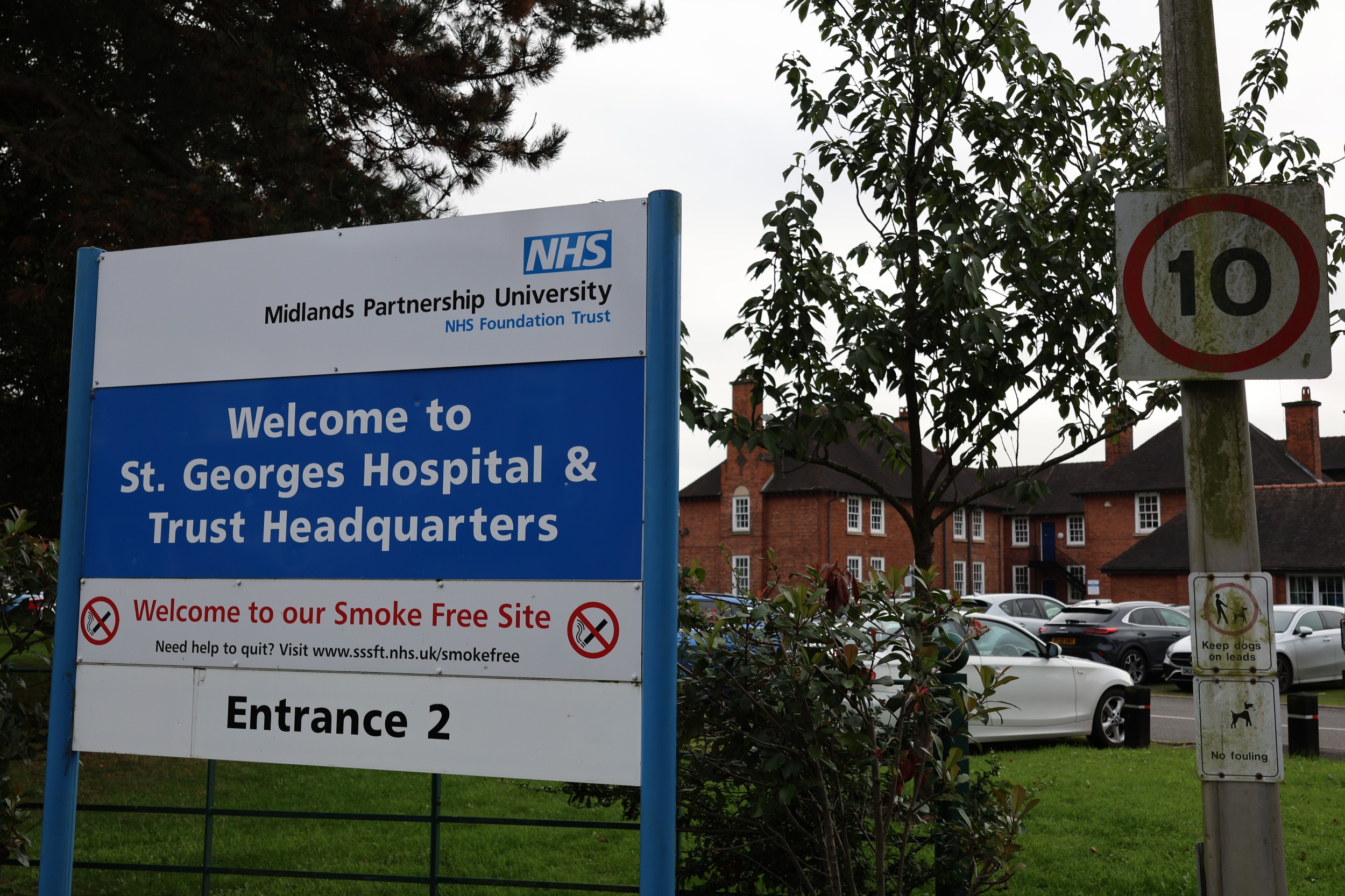Your initial assessment appointment will be a virtual appointment, using a video call. The details of the appointment and link to the virtual 'OneConsultation' waiting room will be sent to you by text message. This link is easy to follow and the video call can be accessed from most devices including laptop, PCs, tablets, and smart phones (as long as the device is connected to the internet).
If you require a face to face appointment please contact the team, and this can be arranged in a clinic setting.
The appointment will be with a Perinatal Community Mental Health Nurse. This appointment will last about an hour and will give you the opportunity to discuss your current and past mental health, how you and your family are coping, and any worries you may have. We will explore how pregnancy or becoming a parent has affected your wellbeing.
Following assessment you will receive a letter which outlines the details of the assessment, and plan of care. It may be determined that the Perinatal Mental Health Team is not the most suitable service for you; in these instances we will refer you to the most appropriate service and provide you with the necessary information.
We understand it can be a difficult time and for some people, talking about the past and future worries can feel daunting at first. We also understand that there are many reasons why parents might worry about seeking help. Here are some of the barriers we know can stop parents accessing support when they most need it:
- Thinking that your worries and concerns are not important enough to ask for help.
- Thinking that by seeking help will reflect badly on your ability to parent.
- Thinking that talking about how you are feeling will make you feel worse.
- Thinking that admitting you are struggling will make others assume that you do not love or enjoy your baby enough.
We would like to assure all parents who use the service that we are here to help and support you. Struggling with emotions during the perinatal period can happen to anyone and it does not reflect badly on you as a person or a parent. We are here to help with the struggles experienced by many parents and babies, to ensure that you can feel as well as possible and enjoy life with your baby during this special time.

